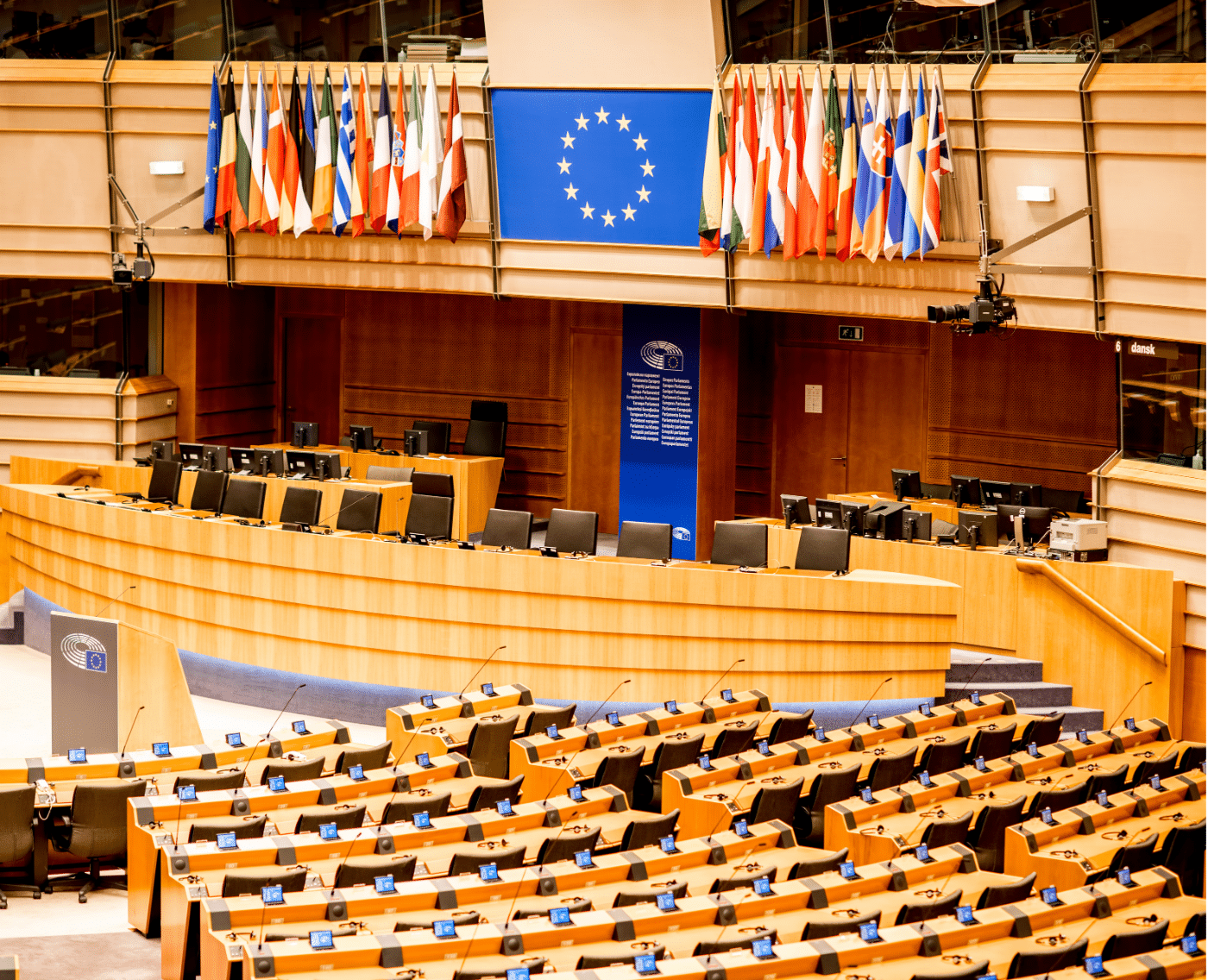AI Act faces pressure to deliver on children’s rights
Brussels, 12 April 2023 – From games and education tech to search, social media recommender systems and chatbots, Artificial Intelligence (AI) underpins all the main digital products and services children use, increasingly mediating almost every aspect of their lives, and influencing their development. One in three users of digital products and services is under 18. An EU Artificial Intelligence Act that does not take full account of children’s rights, needs and vulnerabilities and require companies to do likewise, is not fit for purpose.

As the Members of the European Parliament finalise their position on the draft law, a coalition of over 2000 children’s rights, parents’ and mental health stakeholder organisations has spoken out to remind representatives not to forget children.
The civil society coalition points out that while AI systems developed with children’s views, rights and needs in mind have great potential, at present children face unacceptable levels of risk from a wide range of applications. Children are less likely than adults to be aware they are interacting with AI and any associated risks, less able to manage risks, more vulnerable to exploitation or harm caused by negligence, and less able to initiate or manage complaint and redress procedures. The risk and harm from AI that children face today have broader societal implications that must be mitigated to avoid long-term impact as they develop and become adults.
Speaking on behalf of some 200 million EU children, citizens and experts, they are calling for AI systems that presents risks to children to be subject to strict due diligence processes, with effective enforcement that puts the burden on companies rather than children.
Speaking on behalf of the coalition, 5Rights Director Leanda Barrington-Leach said:
“Over just the last year tech companies more than doubled their investments into artificial intelligence. AI systems are already shaping future generations. Ensuring that they do so for the better is now in the European Parliament’s hands. The alternative is tolerating that children are increasingly exposed to unacceptable risks.”
The Parliament’s leading consumer affairs and civil liberties committees are set to vote on the text on 26 April. The coalition is asking MEPs to maintain the special provisions for children in the Commission’s draft, and reinforce the enforcement measures in case of breaches concerning children. AI systems that exploit the vulnerabilities of children should be banned, and the burden of proof for compliance should fall on companies rather than vulnerable children. Additionally, AI systems likely to impact on children’s safety or personal development should be classified as high risk and subject to stringent checks.
